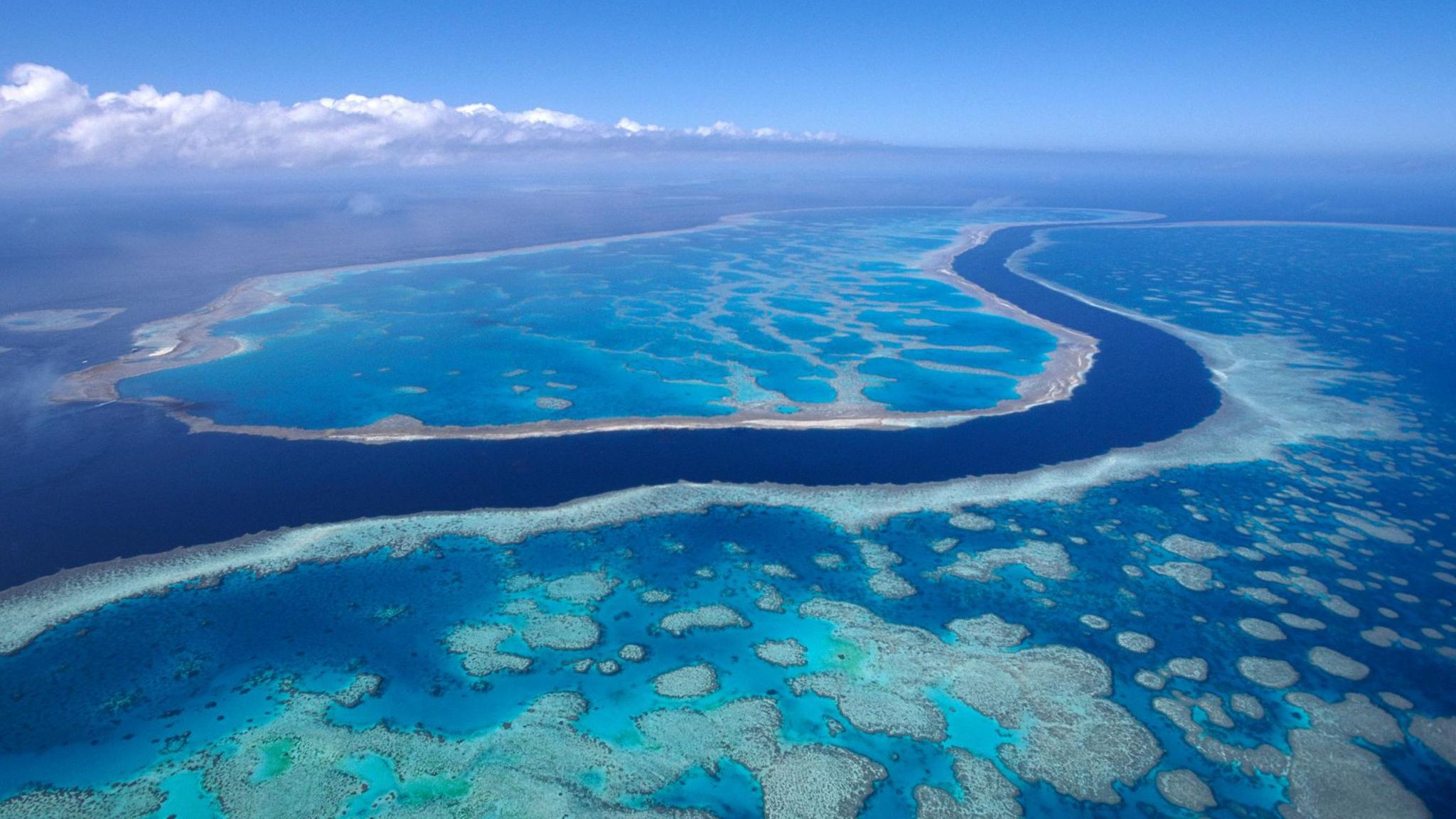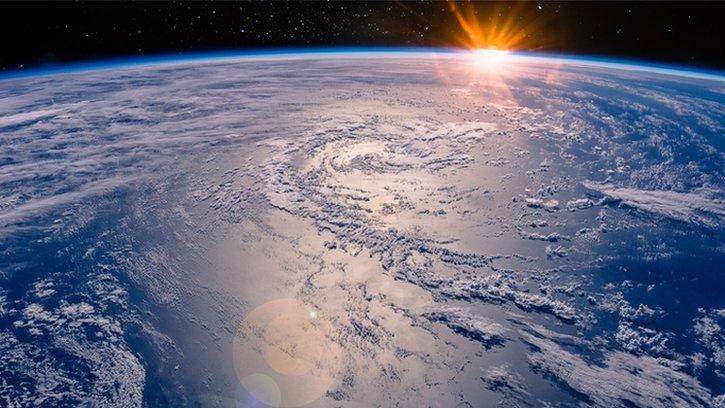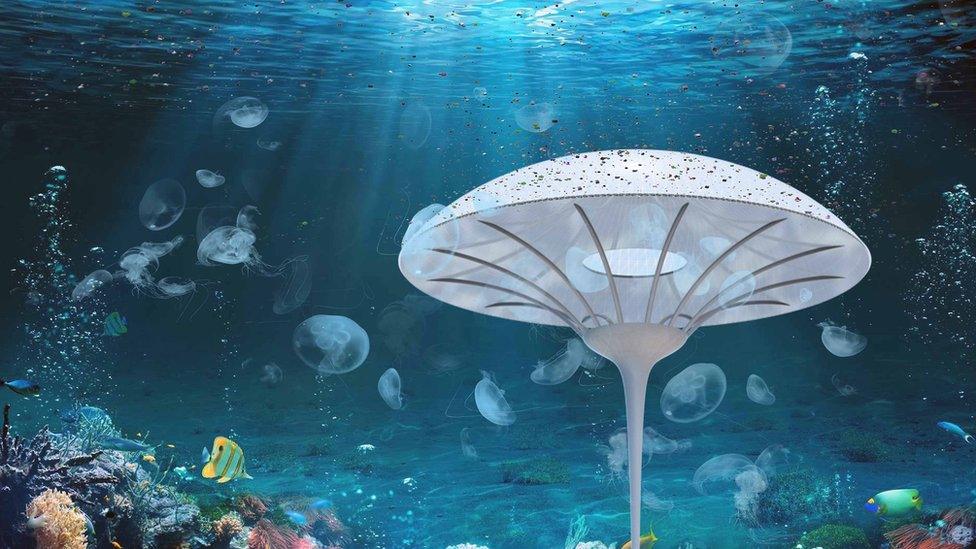Great Barrier Reef threatened by 'unprecedented' sea heat

Australia's Great Barrier Reef
- Published
Scientists in Australia say temperatures in and around the Great Barrier Reef over the past decade are the highest recorded in 400 years.
The Great Barrier Reef in Australia is the world's largest reef.
From 2016 there have been repeated sea heatwaves that have caused devastating bleaching events. The scientists have called these heatwaves "unprecedented".
The researchers, led by a team from Australia, used records from 1900 and data from core samples from corals - some of which have lived for 400 years - to reconstruct sea temperatures all the way back to 1618.
They said that the Coral Sea heat extremes in 2024, 2017 and 2020 were the warmest in 400 years.
How playing sounds to damaged coral could save reefs
- Published13 March 2024
Oceans reach hottest ever recorded temperature
- Published4 August 2023
Divers make 'Noah's Ark' of coral to protect rare reefs
- Published23 April 2024
The Great Barrier Reef is protected by World Heritage for its "enormous scientific and intrinsic importance".
It is home to more than 1,500 different species of fish, 400 species of coral, 4,000 species of mollusc and hundreds of bird species.
Many types of coral have a special relationship with tiny plant algae called zooxanthellae - that live in the coral.
These tiny algae produce about 90% of the food the coral needs to grow.
Bleaching happens when sea temperatures get too high or low, causing the algae to get 'stressed out' and leave the coral.
This then turns the coral white and, with its main source of food gone, it is left very vulnerable.
Since 2016 three coral bleaching events caused massive damage to the reef.
The study, which is published in the journal Nature, also looked at reasons for the warming.
The scientists compared scenarios with and without human activity - like burning fossil fuels.
It confirmed the sea's warming trend in recent decades and the latest extremes are down to climate change.
How does coral become bleached?
"The findings of the study are that the recent events are extreme in nature, in terms of the last four centuries, unprecedented events," Dr Benjamin Henley, from the University of Wollongong and University of Melbourne, said.
He warned that the record temperatures and heat extremes were happening too often for the corals to adapt, showing "the reef is in danger".
"If we don't divert from our current course, our generation will likely witness the demise of one of Earth's great natural wonders, the Great Barrier Reef."
- Published9 April 2023

- Published16 March 2023

- Published13 June 2024

